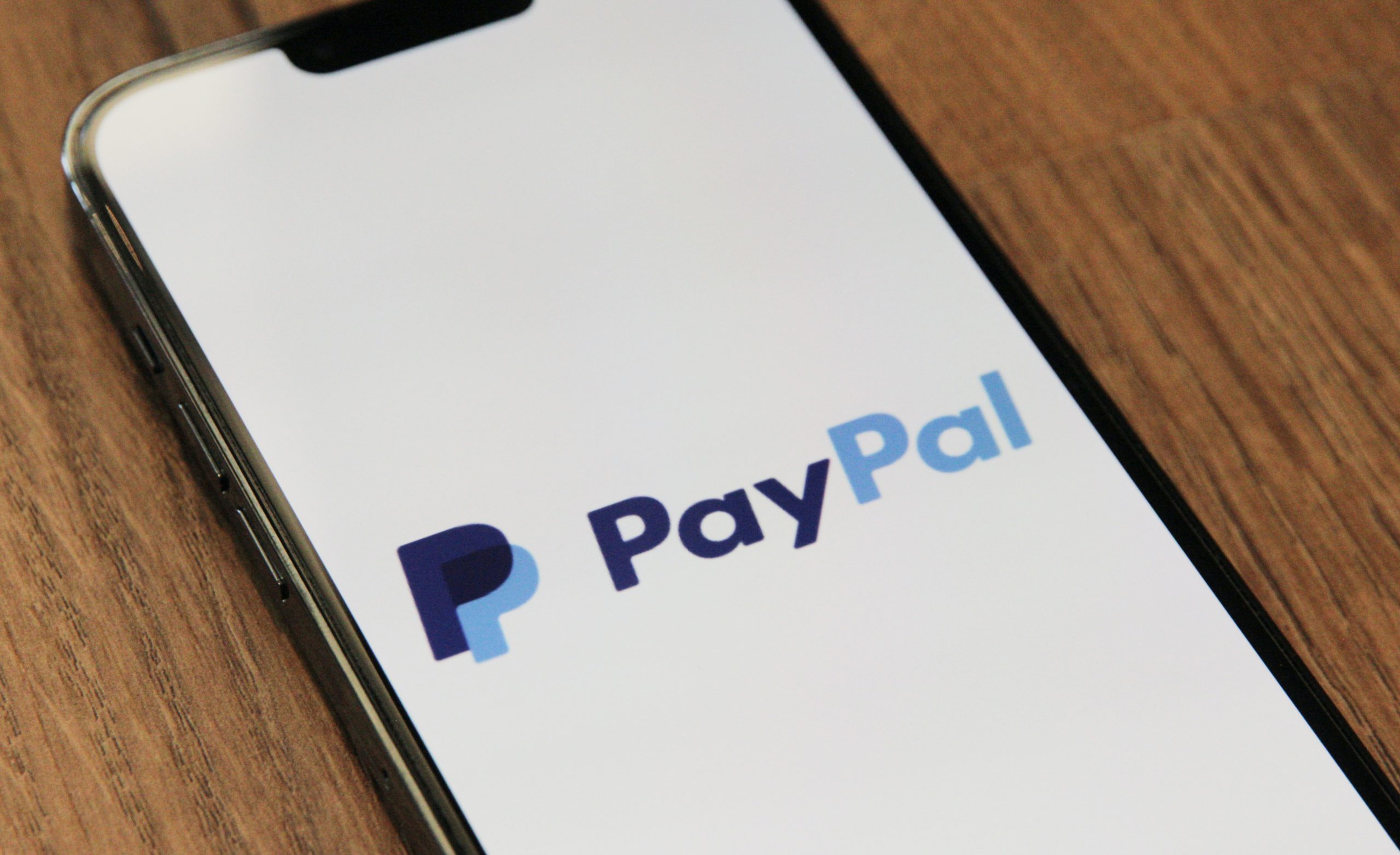Italy’s State-Owned Bank Trials Digital Bonds on Polygon Blockchain
The European Central Bank initiated the trial to explore how blockchains can enhance central bank settlement.

The launch of a stable coin from leading payments platform PayPal has led to a division in opinion in members of the House Financial Services Committee about regulatory control.
PayPal announced the launch of its stablecoin, saying that it would be issued by Paxos Trust and fully backed by United States dollar deposits, short-term treasuries and similar cash equivalents.
PayPal’s stablecoin, ($PYUSD) pegged to the United States dollar, concerns Democratic members of the Committee while Republic members believe in the coin’s potential for regulatory certainty. In a statement earlier this week, committee member Maxine Waters stated that her deep concern about the launch and issuance of PayPal’s stablecoin without any regulatory infrastructure in place. She noted that no regulatory framework would make it difficult to ensure the protection of investors, stating:
“Without legislation on the books that establishes clear and strong consumer protections at the Federal level, consumers are at greater risk of harm at the hands of bad actors. Stablecoins represent the issuance of a new form of money, making it integral that there are Federal guardrails.”
As an opposing view, Committee Chair Patrick McHenry said that the stablecoin by PayPal shows “promise” for where payments can go, with innovation working hand-in-hand with regulatory control. He pointed to the Clarity for Payment Stablecoins Act which was last in legal motions in July.
At the end of July, the Committee passed legislation on payment stablecoins, including the Clarity for Payment Stablecoin Act. The bill “provides a clear regulatory framework for the issuance of payment stablecoins… [and] protects consumers by establishing necessary federal guardrails, while at the same time fostering innovation in the U.S. through a tailored approach for new entrants into the marketplace.”
A tale of two lawmakers and their response to the launch of PayPal’s stablecoin: Rep. Patrick McHenry (R-NC) is jazzed, and Rep. Maxine Waters (D-Calif.) is not. pic.twitter.com/RGwtPW8eIs
— Brendan Pedersen 🏦 (@BrendanPedersen) August 9, 2023
The European Central Bank initiated the trial to explore how blockchains can enhance central bank settlement.
n recent months, inflation measures, including the Consumer Price Index and Personal Consumption Expenditures Index, have moderated.
BlockFi clients are to note that client communications will exclusively occur through official email channels.
CryptoQuant CEO says Bitcoin is still vulnerable to “speculative FUDs,” giving smart money a way to buy up cheap BTC.